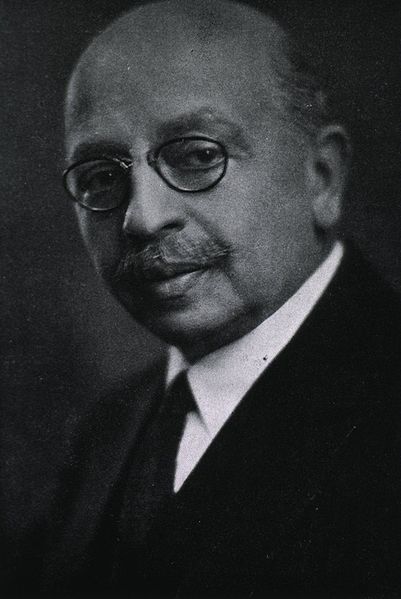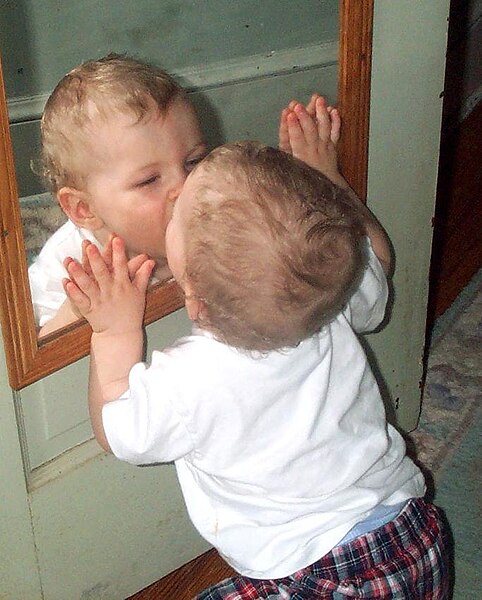Infinite photos and videos for every Wiki article ·
Find something interesting to watch in seconds
Celebrities
Sports
Presidents
Wonders of Nature
Famous Castles
Recovered Treasures
Kings of France
Supercars
Orders and Medals
Tallest Buildings
Crown Jewels
Best Campuses
Great Museums
British Monarchs
Great Cities
Animals
Rare Coins
History by Country
World Banknotes
Largest Empires
Richest US Counties
Great Artists
Countries of the World
Largest Palaces
Ancient Marvels
Wars and Battles
more top lists





